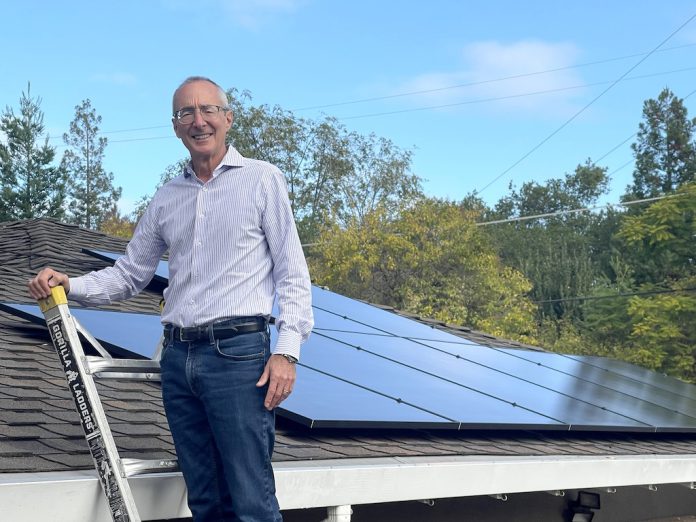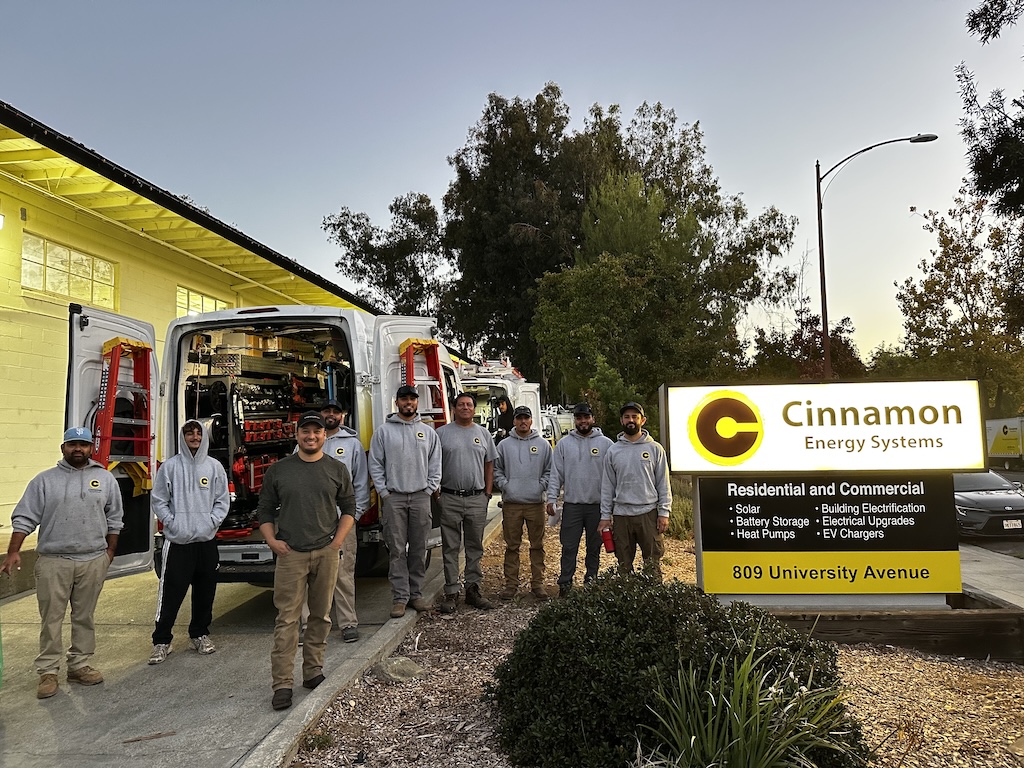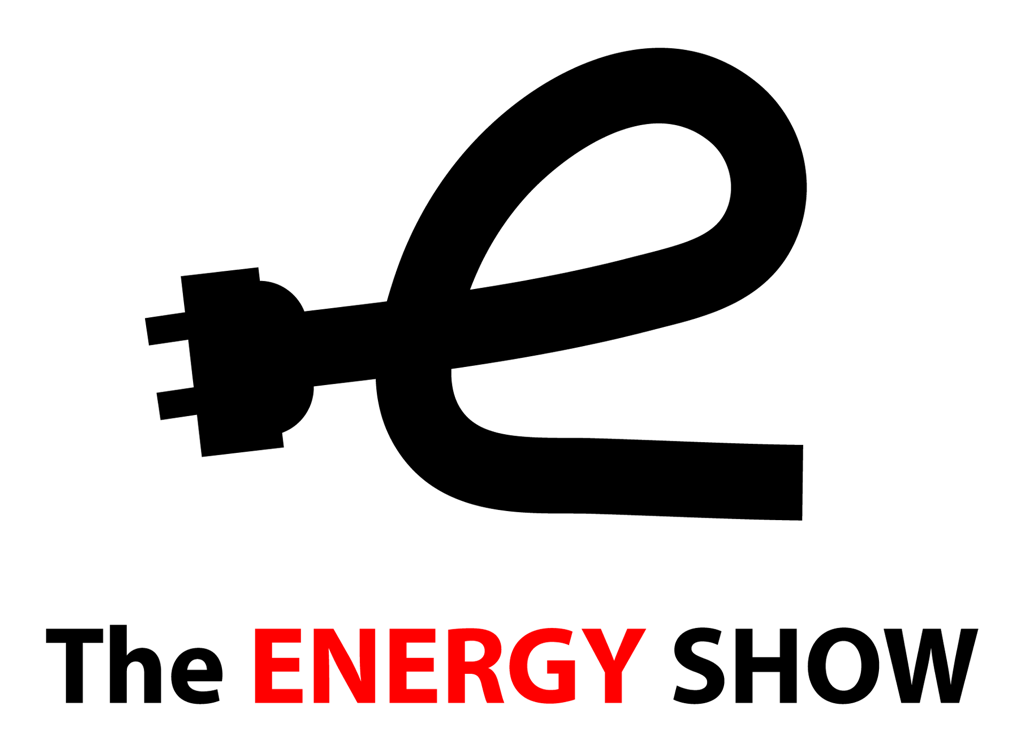
In The Big Score, veteran journalist Michael S. Malone notes that a key, but secretive, aspect of the early success of Apple Computer, Inc. (which became a $4 trillion company yesterday, temporarily) was the workforce of Filipino women and housewives stuffing circuit boards in Saratoga.
This allowed them to deal with “the biggest drain on overhead,” during the Apple II era.
Barry Cinnamon spent 15 years in the computer industry himself, before launching his own company out of Saratoga, called Akeena Solar.
“It really started to take off in 2001,” he said.
He’d studied solar in Cambridge, Mass., and had heard Clint Eastwood had warmed to green technology. New solar subsidies had come on-line, after the Enron scandal.
“I saw that the economics were really good if you knew how to look at it the right way,” he said. “I just kind of dusted off my old formulas.”
Cinnamon moved the company to Los Gatos as it grew, and eventually went public. He sold it in 2012 and now is the CEO of Cinnamon Energy Systems. But, especially in the early days, the industry relied heavily on subsidies.
It would not have been cost-effective, he says, when asked about how difficult it would’ve been to operate without the federal credits. But he adds, “The economics for solar have gotten better and better.”

Around 2006-7 he even helped convince the government, alongside congressional representative Anna Eshoo (and local lobbying firm Canyon Snow), to lift a cap on the solar installation benefit (which had been set at $2,000 for homeowners).
“Uncapping the tax credit, in my view, is what opened up the whole solar business to its next big growth phase,” he said. “That really helped.”

(Submitted)
However, Cinnamon says he’s frustrated that the so-called “Big Beautiful Bill” economic plan from the Trump Administration is set to eliminate this credit by year’s end.
He argues now is not the time to pull back.
“When I look at the overall trajectory of what’s happening with global warming, we really need to do a lot really fast,” he said.
“And we need to do really significant things.”
He now does a weekly podcast called “The Energy Show,” where he delves deep into the subject matter.
And Cinnamon is trying to fight back against the nixing of the $8,000 heat-pump tax credit and $7,500 rebate for electric vehicles.
He’s also raising alarm about how companies like PG&E are reducing incentives for people switching to green energy.
“Guess who our biggest competitor is? It’s the utilities,” he said. “The utilities are now fighting back, but they’re kind of fighting last century’s war.”










Please send some information to my mailbox